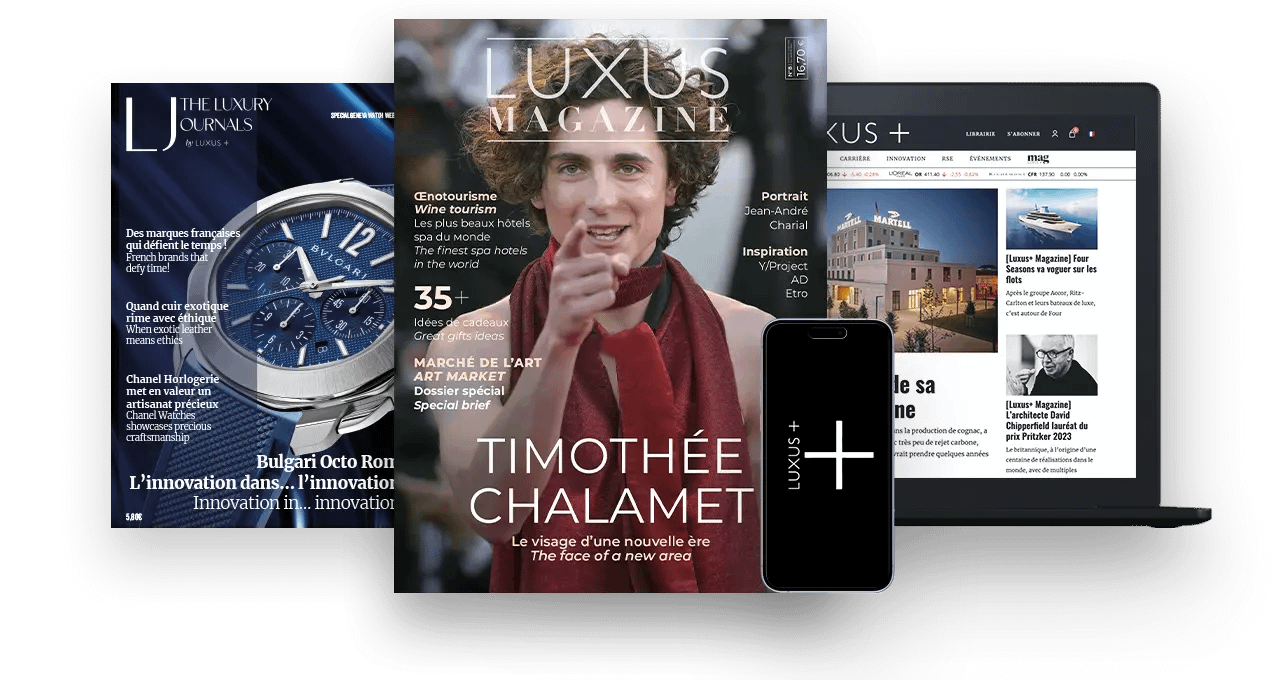The Saudi Arabian Public Investment Fund (PIF) is to buy out Signa’s 40% stake in the British Selfridges group. Thai conglomerate Central Group, the world leader in department stores, remains the majority shareholder in Selfridges, with 60% of the shares.
A Thai-Saudi alliance to the rescue of a British institution…
The Saudi Public Investment Fund (PIF) is to buy a 40% stake in Selfridges from Austrian property giant Signa, for an undisclosed sum.
The PIF will thus become a minority shareholder alongside the Thai conglomerate Central Group, which took control of the iconic British luxury department store last year.
At the end of 2021, Central Group joined forces with Signa, founded by billionaire René Benko, to buy Selfridges, in equal shares, for 4 billion pounds (4.8 billion euros) from the Canadian Weston family.
According to Business Insider , Signa founder and owner René Benkol “concealed from Central Goup at the time that he had also transferred shares in Selfridges to the Saudi sovereign wealth fund PIF just after the joint purchase”.
Signa mowed down by the real estate crisis
Hard hit by the European real estate crisis, Signa filed for bankruptcy in November 2023. Founded in 2000, it had grown at a meteoric pace, buying up iconic assets in Europe, but also across the Atlantic.
By the end of 2023, Central Group had taken over several banners from its failing partner and converted a loan into shares, making it the majority shareholder (60%) in Selfridges.
With its new partner PIF, Central Group intends to invest together “to strengthen the financial position” of Selfridges and support its “future development”, explained the Thai group in a press release published on October 8.
18 luxury department stores
In 2023,Selfridges Group generated sales of over £2.8 billion (€3.3 billion). The group owns and operates18 luxury department stores in 3 countries, under the banners Selfridges in the UK, De Bijenkorf in the Netherlands and Brown Thomas and Arnotts in Ireland.
In London, Selfridges still owns its historic eponymous store, founded on Oxford Street in 1909 by American Harry Gordon Selfridge. The brand was then duplicated in Birmingham and Manchester.
Exceptional service and experience
From the outset, Selfridges, whose motto was “the customer is always right”, had set milestones that are now being rediscovered by physical retailers to counter the rise of e-commerce.
The brand understood before anyone else that exceptional service and experience were the best ways to attract customers.
In terms of service, a customer could, for example, ask for a jacket button to be sewn on, or the pearls on a necklace to be rethreaded. And on the experience side, it began with the attractive display of clothes in the windows and continued in the stores, which offered restaurants and shows, as well as the chance to admire works of art.
A solid shareholder base
With FIP and Central Group in the capital, Selfridges now has a solid shareholder base to face the future.
The Saudi Public Investment Fund (PIF), for example, has around $925 billion in assets, according to Reuters.
It is the financial arm of MBS, Mohammed ben Salmane, the kingdom’s young crown prince and leader, as part of the “Vision 2030” plan. The aim is to prepare for the post-oil era by diversifying the economy through a mix of internal and external growth in new technologies, the digital economy, tourism and leisure, healthcare and renewable energies…
Among the various projects already financed by the PIF is the acquisition of a 49% stake in the British group Rocco Forte Hotels at the end of 2023. But Saudi Arabia has also initiated NEOM, a controversial futuristic megalopolis project along the Red Sea coast, due to break ground in 2030.
World leader in department stores
For its part, Central Group, founded in 1947 by the Chirathivat family, of Chinese origin, who still control it, is a veritable empire extending from commerce and distribution to property development, hotels and restaurants. In 2011, he began to take an interest in European department stores by acquiring the Italian chain Rinascente. Since then, Illum in Denmark (in 2013), KaDeWe, The Oberpollinger and The Alsterhaus in Germany, and Switzerland’s leading Globus, also recently acquired from a beleaguered Signa, have fallen into its lap.
According to Business Insider, with all these acquisitions, Central Group would have become the world’s leading department store operator, with 120 outlets in 80 cities and 11 countries.
And by forming such a group, the Thai group intends to give itself the means to avoid being dictated to by luxury behemoths such as LVMH and their star houses…
Read also > The Saudi wealth fund take a minority stake in Rocco Forte Hotels
Featured Photo: © Andrew Meredth/Selfridges




































